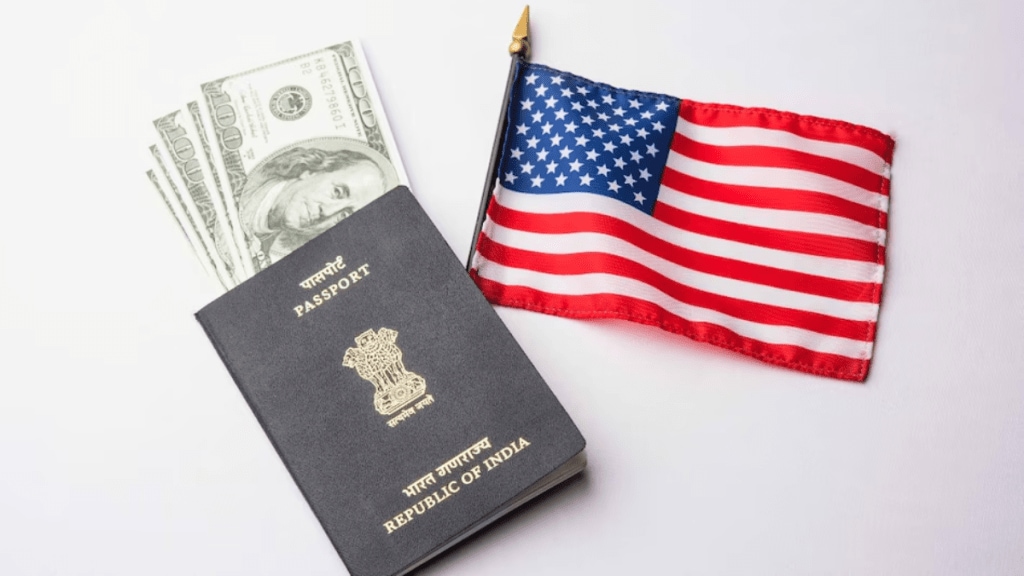A Reddit user has shared a detailed account of their F-1 student visa rejection, triggering an emotional and informative discussion among international applicants who have faced similar setbacks. The user, applying for a master’s program in Graphic Information Technology (GIT) at Arizona State University (ASU), revealed that their visa was recently denied under Section 214(b) of the Immigration and Nationality Act — a clause often invoked when the applicant is deemed to lack sufficient “ties to home country.”
The rejection came despite strong academic intent and adequate financial documentation. “My I-20 shows more than sufficient funds. My father owns farmland and my mother runs a store,” the Redditor wrote, adding that their future plan includes launching a software house in their home country.
According to the post, the applicant was asked about their program choice, university, financial sponsors, and siblings — two of whom reside in the U.S., one on a student visa and the other as a green card holder. “Then the officer stepped inside for two minutes, and when she returned with another officer — the same one who rejected my B1/B2 visa in 2016 — I was told, ‘Sorry, I can’t issue you a visa this time,’” the user recalled.
Section 214(b) rejections are typically based on the consular officer’s judgment that the applicant has not convincingly demonstrated intent to return home after studies — a requirement for all non-immigrant visa categories. The fact that the applicant’s siblings are already in the U.S. may have raised concerns about potential immigration intent.
Planning to reapply from a different city, the Reddit user is now seeking guidance on how to answer the officer’s likely question: “So, what has changed since your last interview?”
Their post has resonated with many, sparking a discussion on how to present stronger “home ties” and clarify genuine academic and professional goals during visa interviews.
